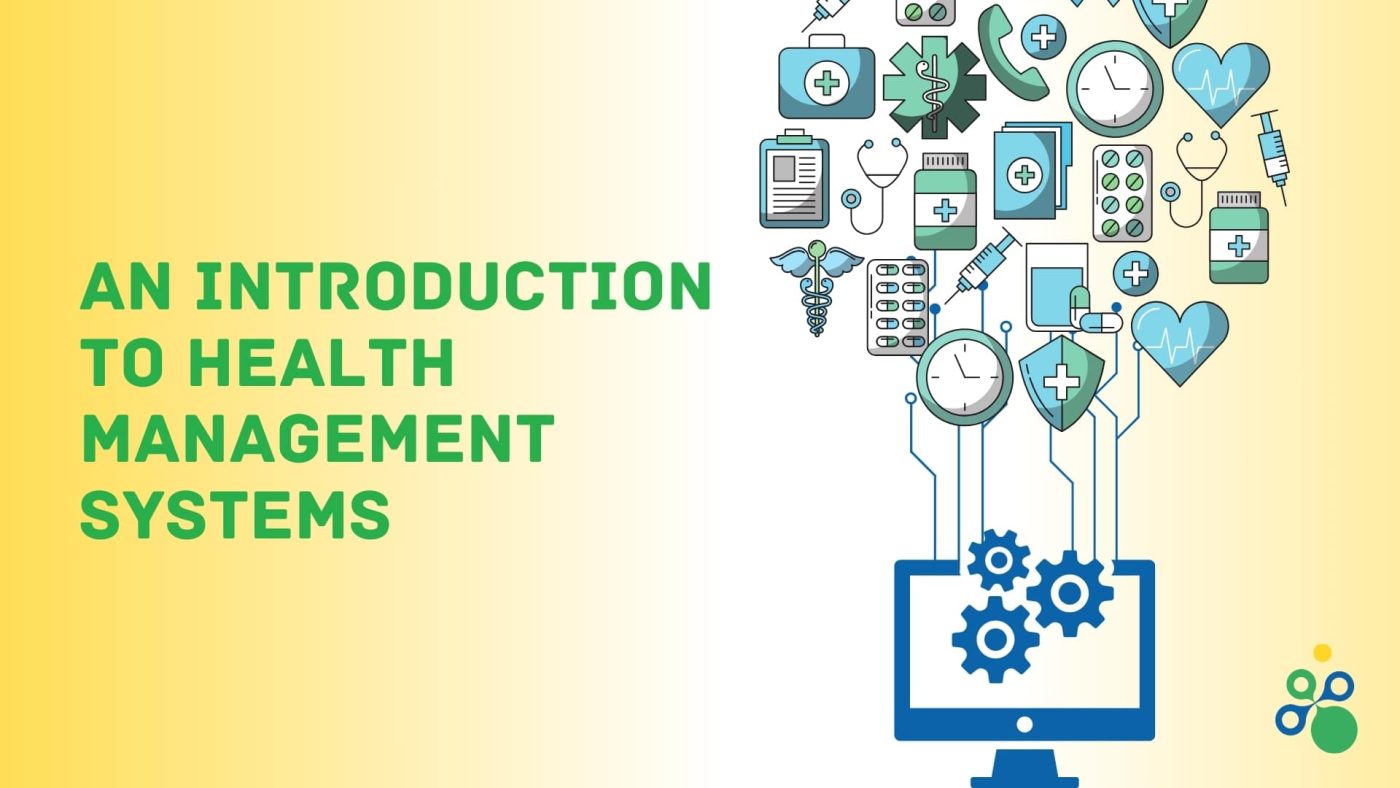An introduction to health management systems

What is a Health Management System?
An HMS is a software suite that manages healthcare organizations’ administrative and operational aspects. It improves the quality of care, patient outcomes, and overall efficiency by:
Centralizing Patient Information: Electronic Health Records (EHRs) securely store medical histories, test results, and treatment plans. Patient portals allow patients to access their data and schedule appointments.
Optimizing Scheduling and Appointments: Appointment scheduling tools reduce wait times and streamline provider schedules. Resource allocation efficiently manages facilities, equipment, and personnel.
Automating Billing and Financial Management: Billing systems handle insurance claims and patient invoicing. Financial reporting tools provide valuable insights for better financial planning.
Enhancing Clinical Workflow: Order entry systems streamline lab tests, medications, and other services. Clinical decision support aids providers in making evidence-based decisions.
Ensuring Regulatory Compliance: HMS helps organizations comply with healthcare regulations like HIPAA. Automated reports are generated for regulatory bodies.
Data Analytics and Reporting: Tools analyze clinical and operational data to identify trends, measure performance, and inform decision-making. Customizable reports provide insights for internal and external stakeholders.
Facilitating Communication and Collaboration: Secure platforms enable communication among healthcare staff. HMS can also connect with external providers, labs, and pharmacies.
The Evolution of Health Management Systems
HMS have come a long way, adapting to meet healthcare’s evolving needs:
Early Beginnings (Manual Record-Keeping): Paper-based systems were used for patient records, scheduling, and billing, leading to errors and inefficiencies.
The 1960s & 1970s (Introduction of Computer Systems): Mainframe computers were introduced in large hospitals for basic data processing tasks like billing and payroll.
The 1980s (The Advent of Personal Computers): Personal computers made computerization accessible to smaller facilities. Practice management software emerged for scheduling, billing, and record-keeping. Early clinical information systems supported lab orders and results reporting.
The 1990s (Rise of Integrated Systems): Electronic Medical Records (EMRs) improved data accessibility and reduced errors. Integrated Hospital Information Systems combined administrative, financial, and clinical data. Networking advancements enabled information sharing within healthcare organizations.
The 2000s (Electronic Health Records (EHRs)): Widespread EHR adoption was driven by incentives like the HITECH Act. The focus was increased on interoperability between systems for seamless data exchange. Health Information Exchanges (HIEs) facilitated information sharing across providers.
The 2010s (Advanced Health IT Systems): Cloud-based HMS offered scalability, cost-effectiveness, and remote access. Mobile Health (mHealth) allows patients and providers to access health information on the go. Big Data Analytics provided insights from large datasets, improving patient outcomes and operational efficiency. Patient portals empowered patient engagement and self-management.
The 2020s and Beyond (Artificial Intelligence & Machine Learning): AI and machine learning are being integrated to enhance diagnostic accuracy, predict patient outcomes, and personalize treatment plans. Predictive analytics anticipate healthcare trends, patient risks, and resource needs. Telehealth services are expanding, making remote consultations and monitoring more common. Blockchain technology is being explored for secure and transparent health data management. The trend is moving towards interconnected systems providing a holistic view of patient health across care settings.
Future Directions:
Personalised Medicine: Integration of genomics will personalize medical treatments and preventive care. Wearable devices and the Internet of Things (IoT) will enable continuous health monitoring and data collection.
Enhanced Patient Engagement: Systems will be designed to empower patient engagement and involvement in their care. There will be a greater focus on integrating behavioural health data with physical health data for comprehensive care.
Global Health Management: Global health management systems will be developed to address international health challenges and improve care coordination across borders.
Conclusion
Health Management Systems have revolutionized healthcare delivery by leveraging technology. Streamline EMR, at the forefront of this evolution, offers the best solutions so medical personnel can focus on patient care.

Article compiled by Linda Addeline Atuhirwe




